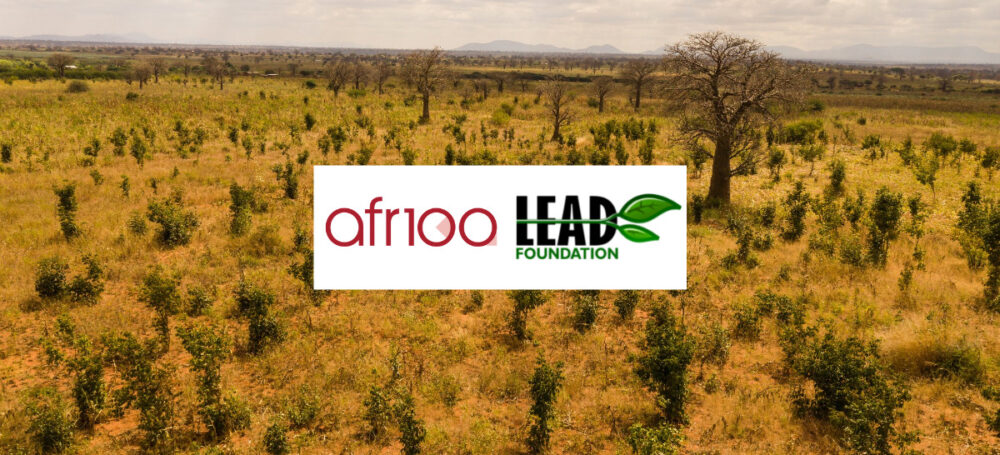We are very excited and thrilled to be mentioned at the COP26 in Glasgow among the top 20 locally led African tree restoration organizations. Many thanks to the AFR100 Initiative and all its partners including World Resource Institute and One Tree Planted as well as our amazing partners, donors and supporters including Justdiggit, Ecosia , Erbacher Foundation, Global Environment Forum , UNDP Tanzania , TARI , ICRISAT, Biovision Foundation , Awaken Trees to mention a few.
Six years ago, African leaders recognized that the degradation of 65 percent of the continent’s agricultural land threatens economic and environmental ruin for millions of farmers. They realized this just as the effects of climate change – lower crop yields, erratic rainfall, prolonged droughts – are making life harder for millions of farmers, herders, and city dwellers. That’s why African countries have pledged to begin restoring 100 million hectares of degraded land by 2030 through the AFR100 Initiative.
Thousands of local innovators are now pioneering project and business models that show that restoration can create a prosperous, nature-positive future for Africa. Local leadership is key because communities manage nearly 70% of African land, and they know how to make thousands of ecologically and socially sustainable projects bloom. There is no equitable path toward net-zero carbon emissions by 2050 that ignores the entrepreneurs and community leaders restoring land.

These leaders need support. That is why a group of ambitious donors have capitalized TerraFund for AFR100 to finance the top 100 African non-profit community organizations and for-profit businesses that are restoring trees to suitable African landscapes. They will provide funding of $50,000 to $500,000 in the form of grants and loans to each of these innovators.
This is the first concrete investment in the second phase of AFR100, with the goal of restoring 20 million hectares by 2026 to bring an estimated $135 billion in benefits to 40 million people. By COP27, partners are looking to mobilize the first $2 billion in flexible capital and debut a new financial architecture that can facilitate investment in hundreds of organizations that support smallholder farmers.
In two short weeks, the team received applications from more than 3,200 of these organizations from 31 countries. They requested an average of $145,000 to restore 200 hectares and grow 100,000 trees each. From this group, a consortium organized by World Resources Institute, One Tree Planted, and Realize Impact selected the first cohort of 20 non-profit community organizations and for-profit small businesses (including LEAD Foundation) that are restoring land by growing trees. On a rolling basis, the selection committee will invite 80 more organizations to join the cohort throughout 2022.
Introduced at the UN climate change conference (COP26), the first cohort of these restoration champions employs a wide variety of tree-based restoration techniques, ranging from agroforestry (growing trees on farms to improve food security) through assisted natural regeneration (helping trees grow back to revitalize biodiversity).


Comments are closed.